Litview
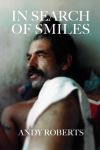
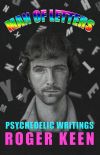
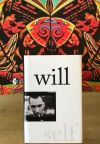
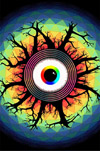
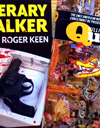
As part of The Ginger Nuts of Horror LGBTQ+ Horror Month, I have penned this piece concerning the rationale and technical challenges I faced in producing Literary Stalker as a ‘gay novel’ with references to gay novelists Alan Hollinghurst, William Burroughs, Joel Lane and others. William Burroughs’s second novel Queer was a particular inspiration, as was Joel Lane’s From Blue To Black.
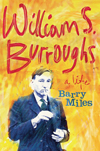
An extended review of Barry Miles’s biography: William S. Burroughs: A Life (American title: Call Me Burroughs: A Life), which was published in February 2014 to mark the centenary of Burroughs’s birth. The review first appeared in the Psychedelic Press magazine Vol IV 2014, and has never before been online. It is reprinted now because of its in-depth quality and the fact it provides a whistle-stop tour of Burroughs’s life through the lens of Barry Miles’s updated facts.
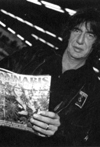
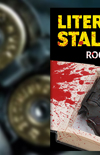
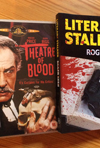
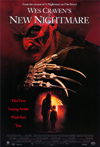
A guest post for The Haunted Reading Room, which travels the meta-road from highbrow Borges, Nabokov, John Barth, Doris Lessing and Martin Amis to the popular culture of Wes Craven’s Scream series and its sequels, where the characters are aware of real horror films and their plot devices, and use the knowledge to analyse what is happening around them, anticipating the likely pitfalls of being in a horror movie themselves.
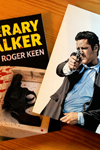
A guest post for Get Wordy, dealing with the construction of the stalker character Nick Chatterton. Nick is thirty-eight, gay, unemployed, with a full head of long hair, borderline personality disorder and a criminal record — none of which apply to myself. I also gave him a different profile as a writer to my own, though there are some similarities (we both wrote horror short stories for small press magazines). But in one particular area I fashioned Nick very much in my own image — I gave him my taste in movies and made him a movie buff.
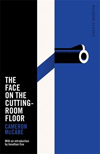
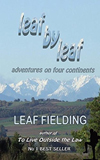
Review: Leaf by Leaf by Leaf Fielding
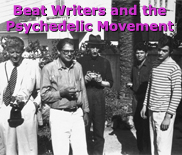
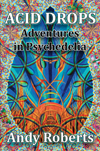
An Interview with Andy Roberts
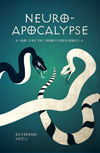
Review: Neuro-Apocalypse by Reverend Danny Nemu
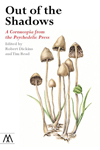
My essay 'Beats on Acid', which originally appeared in Psypress UK 2014 Vol III, now features in the anthology Out of the Shadows, published by the Muswell Hill Press in July and launched at Breaking Convention. It covers the recreational and psychonautic drug experiments of Kerouac, Burroughs and Ginsberg and how they broke the ground for the counterculture movement.
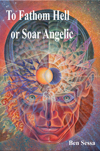
To Fathom Hell or Soar Angelic
Review of Dr Ben Sessa's first novel, now appearing on the Psypress UK site. It features two psychiatrists setting up a psychedelic medicine centre on a muddy Somerset farm, and a supporting cast of New Age weirdos, plodding psychiatric journeymen and burnt out-headcases. It's a rip-roaring read that leaves a constant smile on the face.
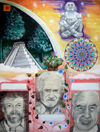
Psychedelic Press UK Journal 2015 Vol III, publishing in June, features my in-depth review of John Long's study Drugs and the Beats. It also includes other history-related pieces by Henrik Dahl, David Black and Sam Gandy.
The 2014 Vol IV issue contains my review of Barry Miles' biography of William Burroughs, together with essays by David Luke, Ross Heaven and Simon G. Powell.
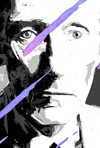
Now featuring in Big Jelly on Medium, this list compiles the some of the wackiest information and most outlandish escapades of this major 20th century avant garde figure.
Guns, the occult, literary experiments, heroin, ayahuasca, the Beatles, alien abduction...what wasn't Burroughs into?

Now appearing on the Psypress UK site, this essay explores how the non-linear structure and phantasmagorical imagery of Burroughs' novel Naked Lunch owes a considerable debt to his hallucinogenic ayahuasca and majoun experiences in the early 1950s.
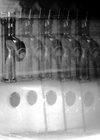
'I have a friend whom I shall call Brian who suffers from obsessive-checking syndrome...' This self-help style piece about the paradox at the heart of obsessive checking was inspired by browsing articles on quantum mechanics.
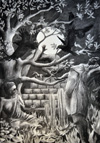
Psychedelic Press UK Journal 2014 Vol III (Kindle version only, print version sold out) features my article 'Beats on Acid'. It tells about what happened when the original hipsters encountered the new 1960s era of tripping. Allen Ginsberg took mushrooms, declared himself 'the Messiah', and plotted with Timothy Leary to turn on the world. Meanwhile Neal Cassady passed the Acid Test with Ken Kesey and drove the legendary bus 'Furthur' off into the sunset and immortality. But for Bill Burroughs and Jack Kerouac, the transition wasn't that simple...
The piece features in the anthology Out of the Shadows, published by the Muswell Hill Press in July 2015.
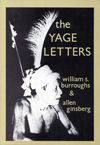
Ayahuasca looms large in today's psychonautic zeitgeist, but way back in the early '50s Burroughs became one the first Westerners to explore its secrets, and its influence on his writing was profound indeed. Now republished on Psychedelic Press.
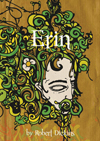
Erin
Robert Dickins' first novel blends psychonautic experience and festival culture in a startlingly original and creative fusion. It's a work that anyone who wants to sample a slice of today's psychedelic zeitgeist should read.
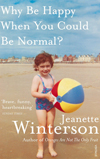
Jeanette Winterson's misery memoir tracks the territory of her first novel, Oranges Are Not the Only Fruit, but goes much further in exploring her struggle with the issue of being an adopted child. A very frank and revealing read.
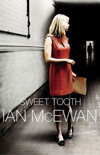
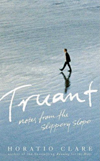
Horatio Clare's memoir of bipolar disorder and 'cannabis addiction' is honest, unsparing and sometimes harrowing in its revelations, but then the writing itself, in the confessional tradition, has had an evident cathartic function for the author.
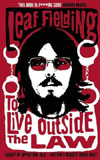
Leaf Fielding's marvellous memoir gives extraordinary insight into the early days of acid counter culture and the dark years following the legendary Operation Julie raid.
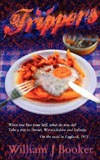
Bill Booker's 1970s Kerouacian acid memoir bears such an uncanny resemblance to The Mad Artist that Bill and I have hardly stopped talking about the similarities! Well, great minds think alike!

David Shield's study of the interrelationship of fact and fiction in novels and memoirs so resonated with my own thinking that I came up with this piece, applying his perspectives to The Mad Artist and other drug memoirs.
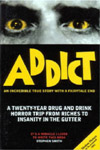
Stephen Smith's memoir of rampant dexedrine addiction and general craziness has proved a perennial favorite, and it's sparked many a debate about the interface between factual reporting and sensationalism.
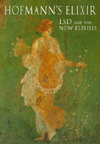
A collection of essays by Albert Hoffmann, discoverer of LSD, and others, covering topics such as chemistry as alchemy, together with personal anecdotes about this remarkable and well-loved 20th century figure, who lived to the remarkable age of 102.
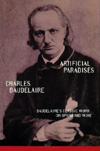
In this important late Romantic era drug-lit classic, poet Charles Baudelaire discusses and compares the intoxicating effects of wine, hashish and opium, with many lyrical and incisive passages, displaying the influence of such substances on a great creative mind.
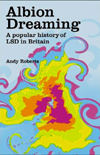
Andy Roberts gives the British side of the LSD story, with tales of military experiments at the Porton Down chemical weapons facility, early examples of LSD psychotherapy and the more familiar ‘swinging ’60s’, the free festival movement and beyond.
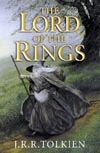
A study of how the blockbuster film trilogy will forever affect our future reading of the Tolkien novels.
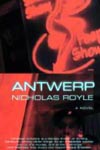
This Nicholas Royle novel is a wonderful fusion of crime, surrealism and film buff ephemera.
Copyright © Roger Keen. All Rights Reserved.